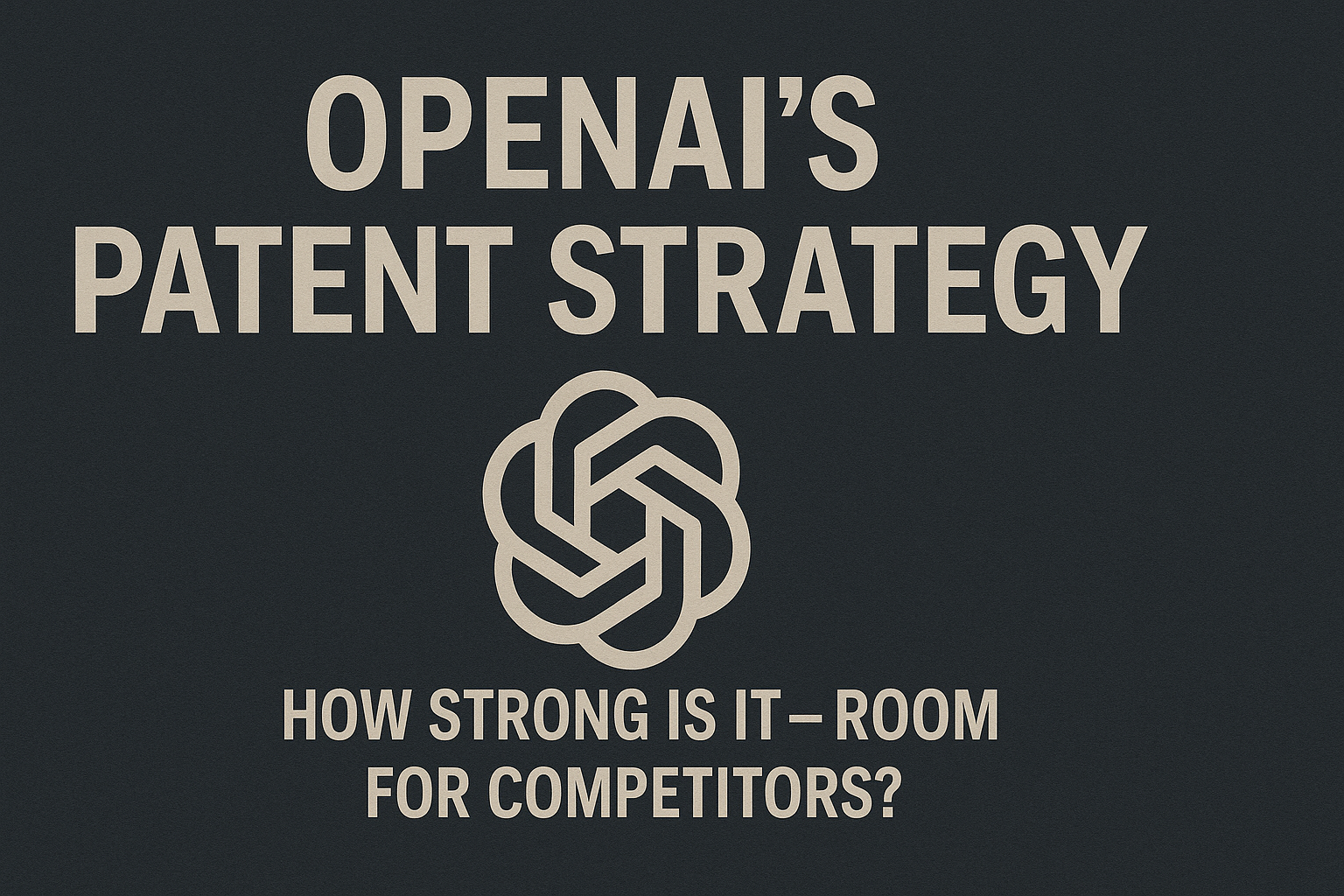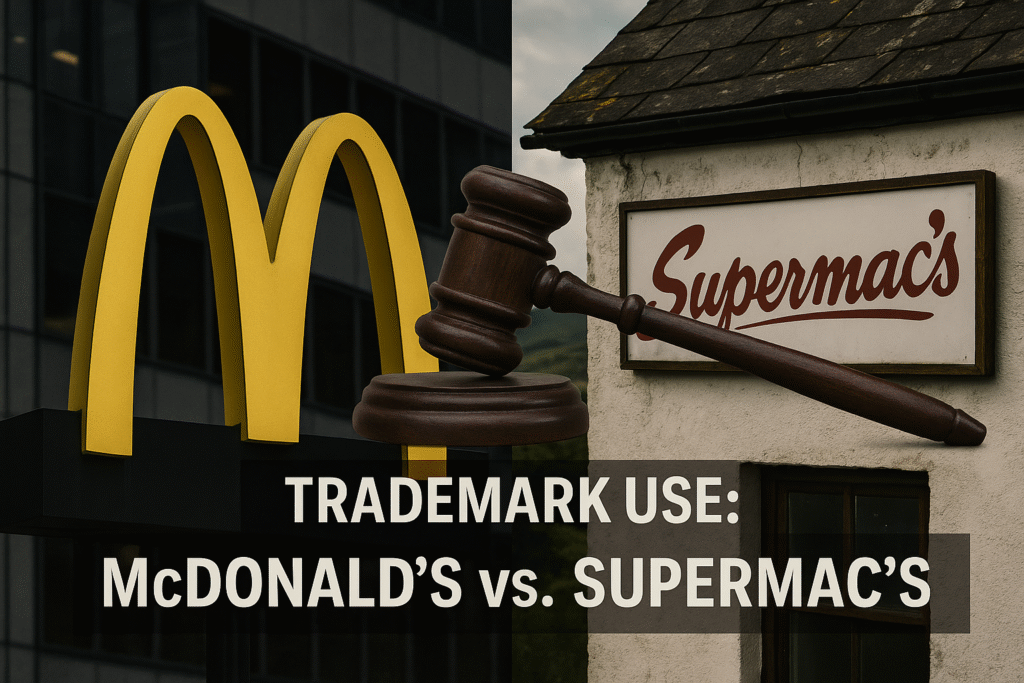In the rapidly evolving world of fintech, patents have become more than a legal necessity—they’re strategic assets that define market leadership, signal innovation capacity, and drive valuations. Among global banking giants, Barclays and Bank of America have taken bold, but distinct, approaches to building their patent portfolios. Here’s how they compare:
🔹 Barclays – Niche Innovation with Strategic Depth
Barclays has focused its IP strategy around:
Blockchain & Crypto: Early patents in crypto transaction validation, blockchain-based settlements, and smart contracts.
Payment Security: Contactless authentication, tokenization, and mobile payment innovations.
AI in Compliance & Fraud Detection: Algorithms for behavior-based risk profiling and anti-money laundering (AML) automation.
Barclays tends to file fewer but highly focused patents, targeting cutting-edge areas and securing collaborative IP with startups and research institutions. Their “build + partner” strategy ensures agile innovation through their Rise platform, making them an ecosystem player as well as a bank.
🔹 Bank of America – IP as a Fintech Fortress
Bank of America, on the other hand, is playing the volume game with strategic breadth. As of recent data:
BoA holds more than 5,500 active patents, making it one of the top patent holders among financial institutions globally.
Its patents span AI, blockchain, mobile banking, cybersecurity, cloud infrastructure, quantum computing, and even digital identity verification.
One standout area is distributed ledger technology (DLT): BoA is among the most aggressive filers in blockchain, despite not launching its own cryptocurrency—indicating a strong defensive and licensing posture.
Unlike Barclays’ selective model, BoA’s strategy is to patent extensively across the tech stack. It offers both an innovation moat and a negotiation lever when dealing with fintech partners, investors, or regulators.
🔍 Who Scores Higher?
✅ Innovation Breadth: BoA leads with its vast patent portfolio covering nearly all emerging tech in fintech.
✅ Strategic Focus: Barclays wins on depth, targeting key tech like blockchain and AI in financial compliance, and co-creating IP with fintech startups.
✅ Commercialization Readiness: BoA’s volume gives it an edge in potential licensing revenue and negotiating power, while Barclays leans on nimbleness and collaboration.
💡 Takeaway
IP is the new capital in fintech. Whether you’re a scaling SaaS startup or an institutional player, your patent strategy defines not just your defensibility—but your voice in the global tech-finance conversation.






